Deep Dutch ovens, miniature skillets, or griddle pans—cast iron cookware can last for generations. Providing you look after your pan, these amazing kitchen items can offer a naturally non-stick surface, highly durable material, and a versatile option for baking, roasting, and frying.
Cast Iron Pans Are Difficult to Maintain
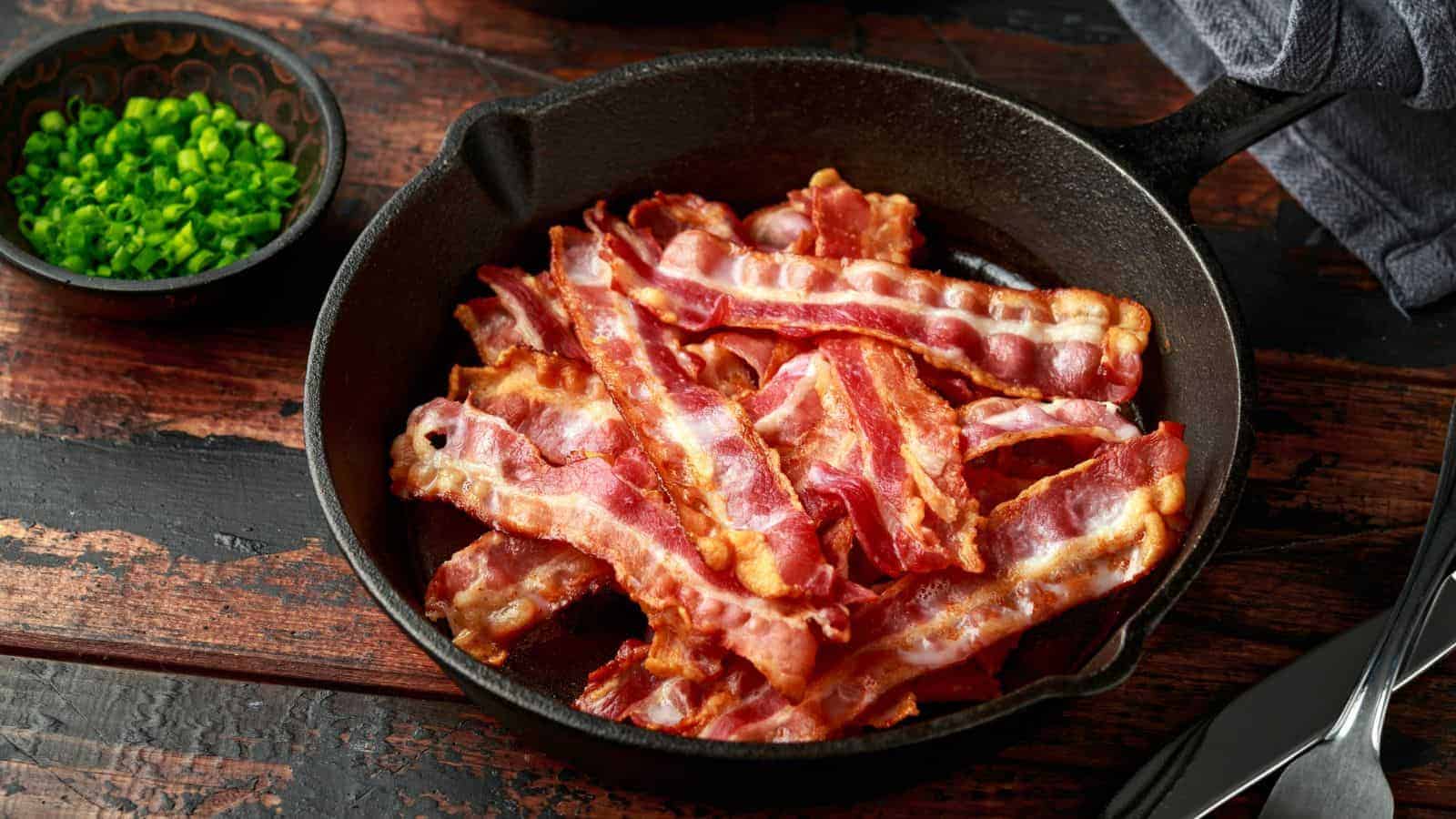
With proper care, a cast iron pan can last a lifetime. The material is very durable, and it simply needs basic seasoning and gentle cleaning. To season your pan, you’ll need to coat it in a thin layer of oil and heat it until it is absorbed. This helps to create a natural non-stick surface and also protects the pan from rust.
Soap Damages Cast Iron
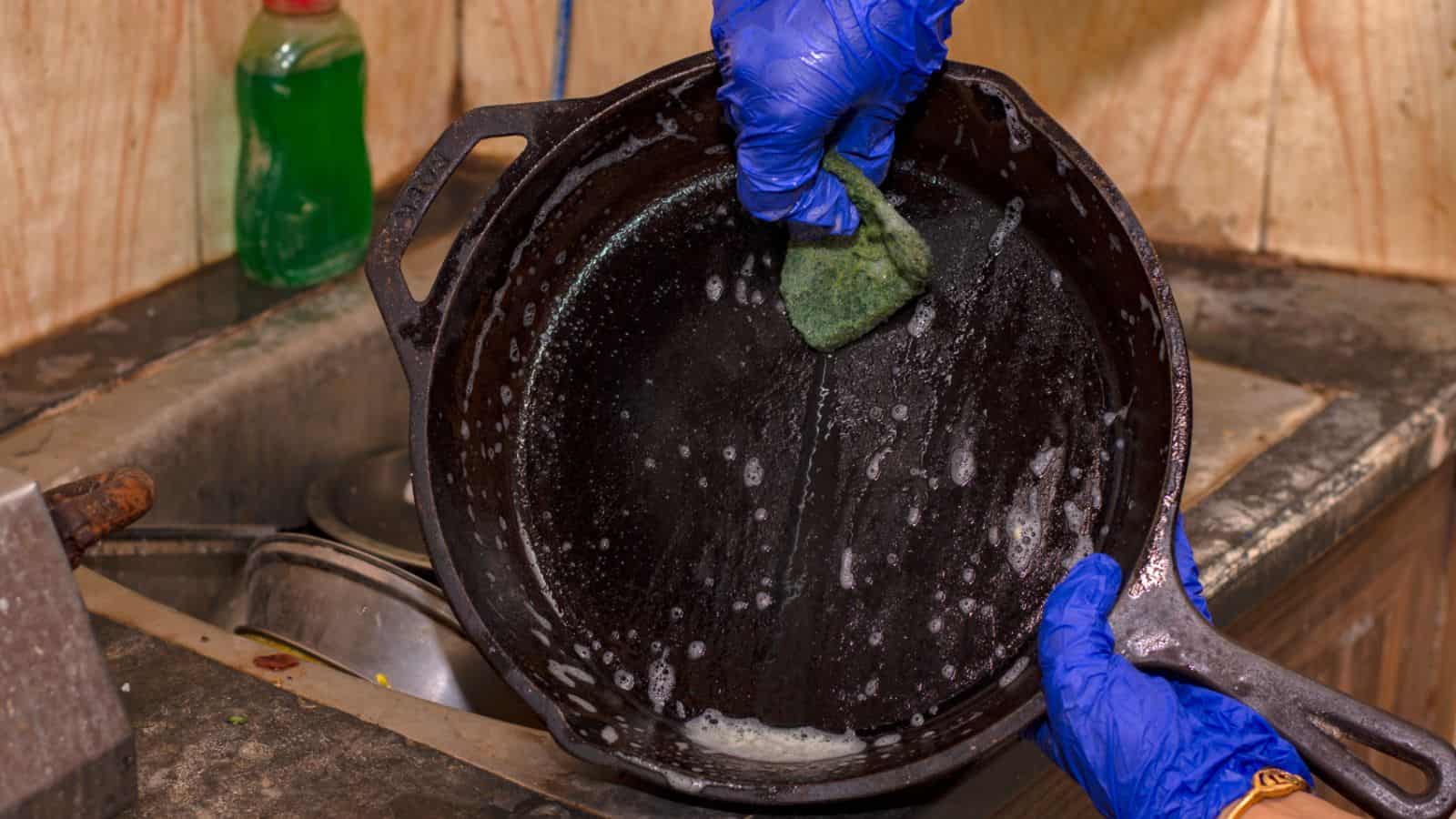
Modern mild dish soaps are perfectly safe to use on cast iron pans, and they don’t strip them of their seasoning as long as you don’t soak the pan. America’s Test Kitchen says, “With plain, uncoated cast iron, follow up by very lightly oiling that clean, dry pan and heating it until the oil bonds to the cast-iron surface.”
Cast Iron Heats Evenly
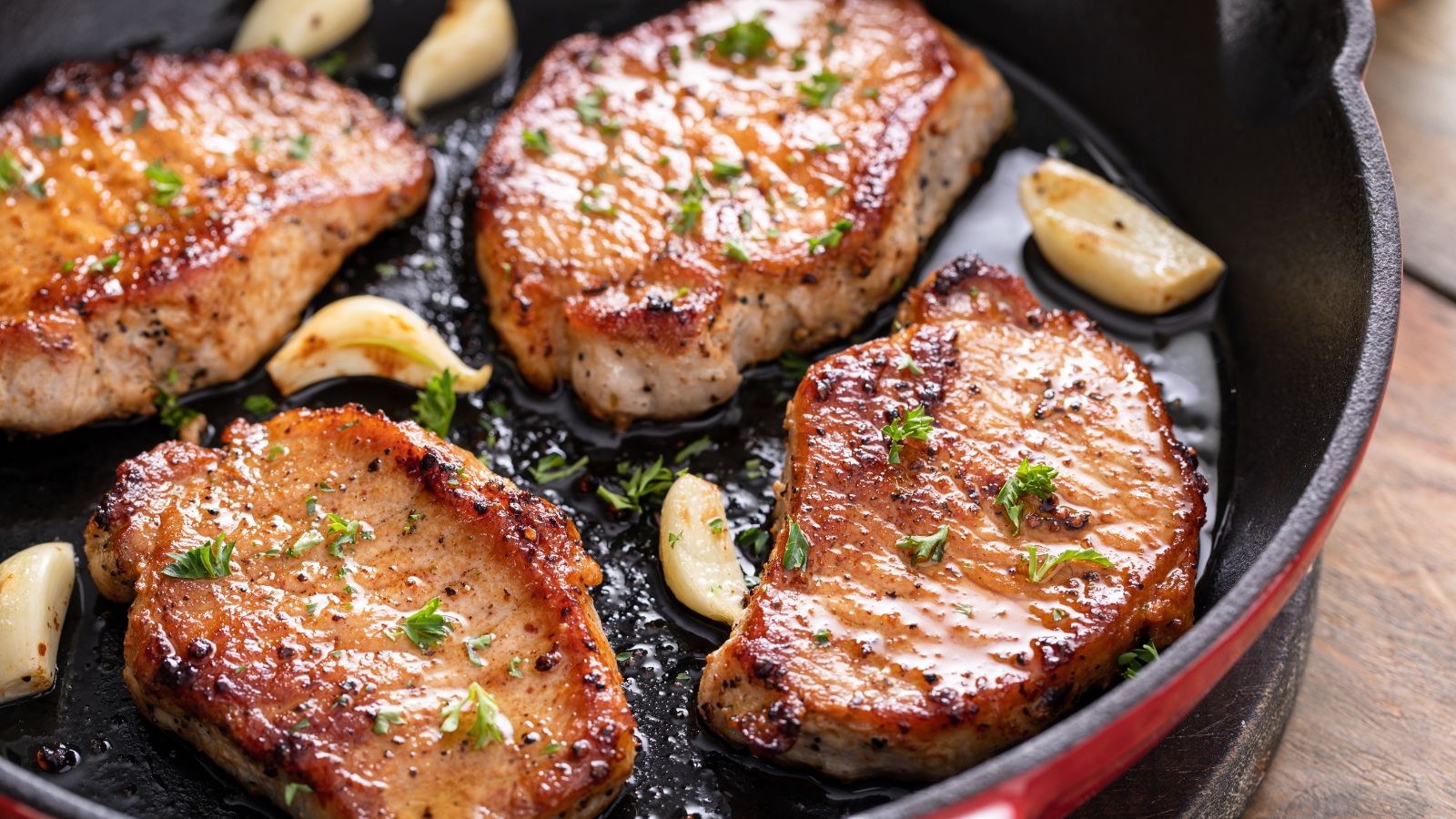
While cast iron pans offer much better heat retention compared to thinner materials, they don’t heat as evenly. To help minimize the risk of hot spots in the pan, make sure to preheat it slowly until it reaches your desired temperature. You may need to rotate or stir your food more often, too.
Cast Iron Is Incompatible with Modern Stoves
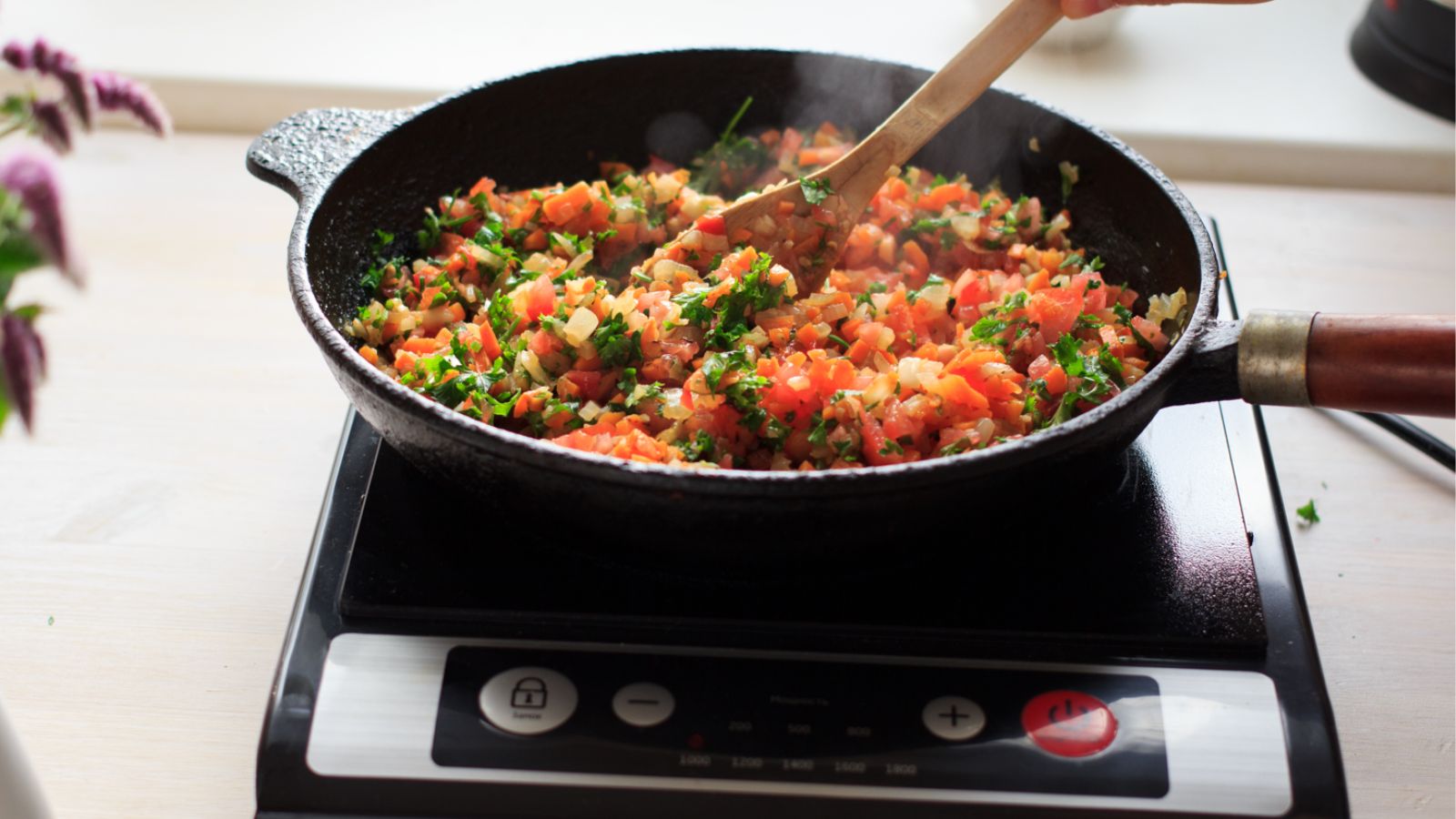
According to Healthline, “Cast iron can be used on any type of stovetop (gas, electric, or induction). It can also be used over an open flame like a campfire or placed directly into the oven as a baking dish would be.” To avoid scratching glass or ceramic cooktops, simply lift and place the pan onto the hob rather than sliding.
Cooking Acidic Foods in Cast Iron
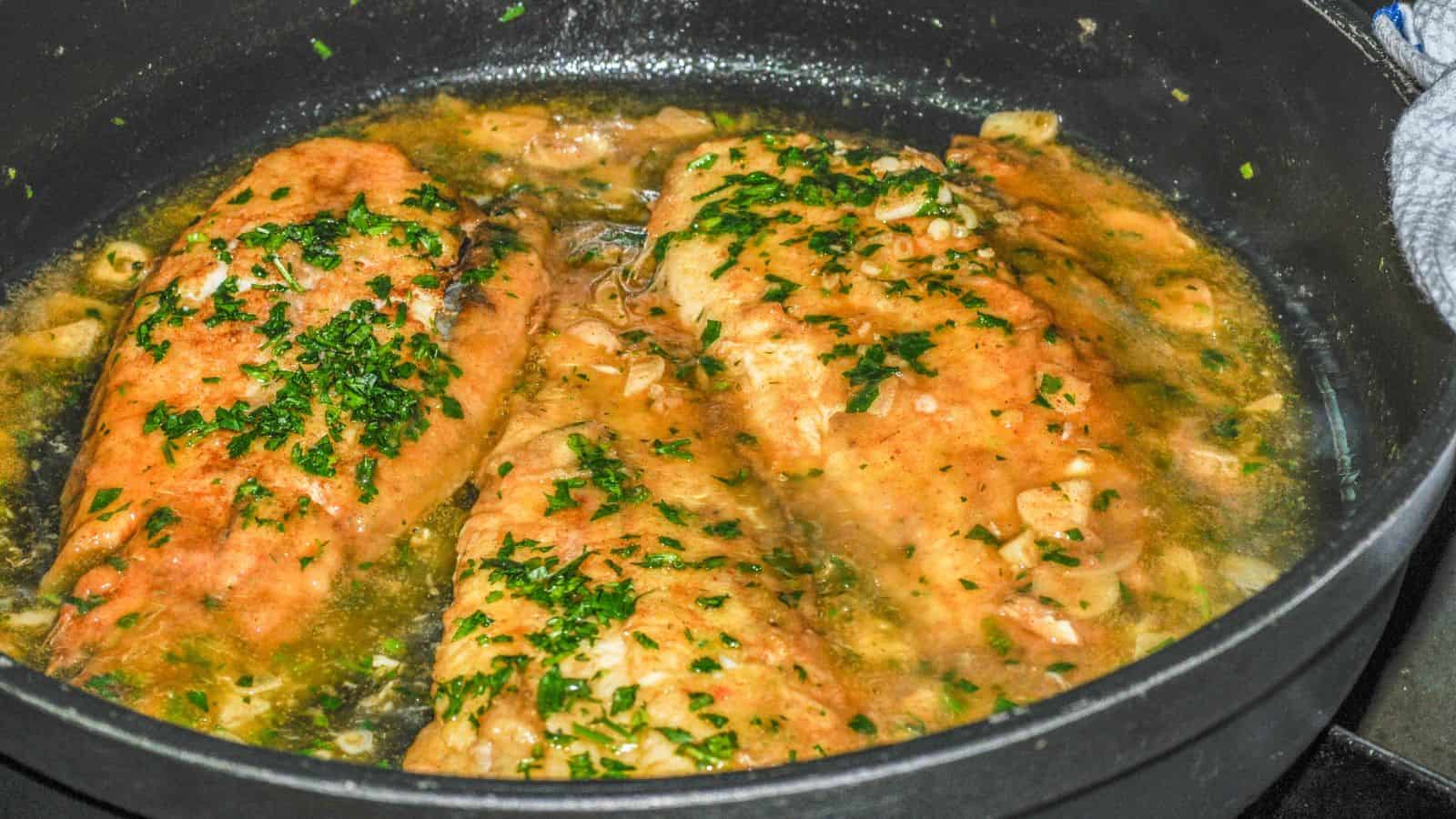
Cooking highly acidic foods for long periods of time can affect the seasoning of the pan, but occasional or quick use is absolutely fine. If you plan on cooking foods such as tomatoes or lemons, make sure your pan is well seasoned before use and clean once you’re finished.
Cast Iron Is Always Non-Stick
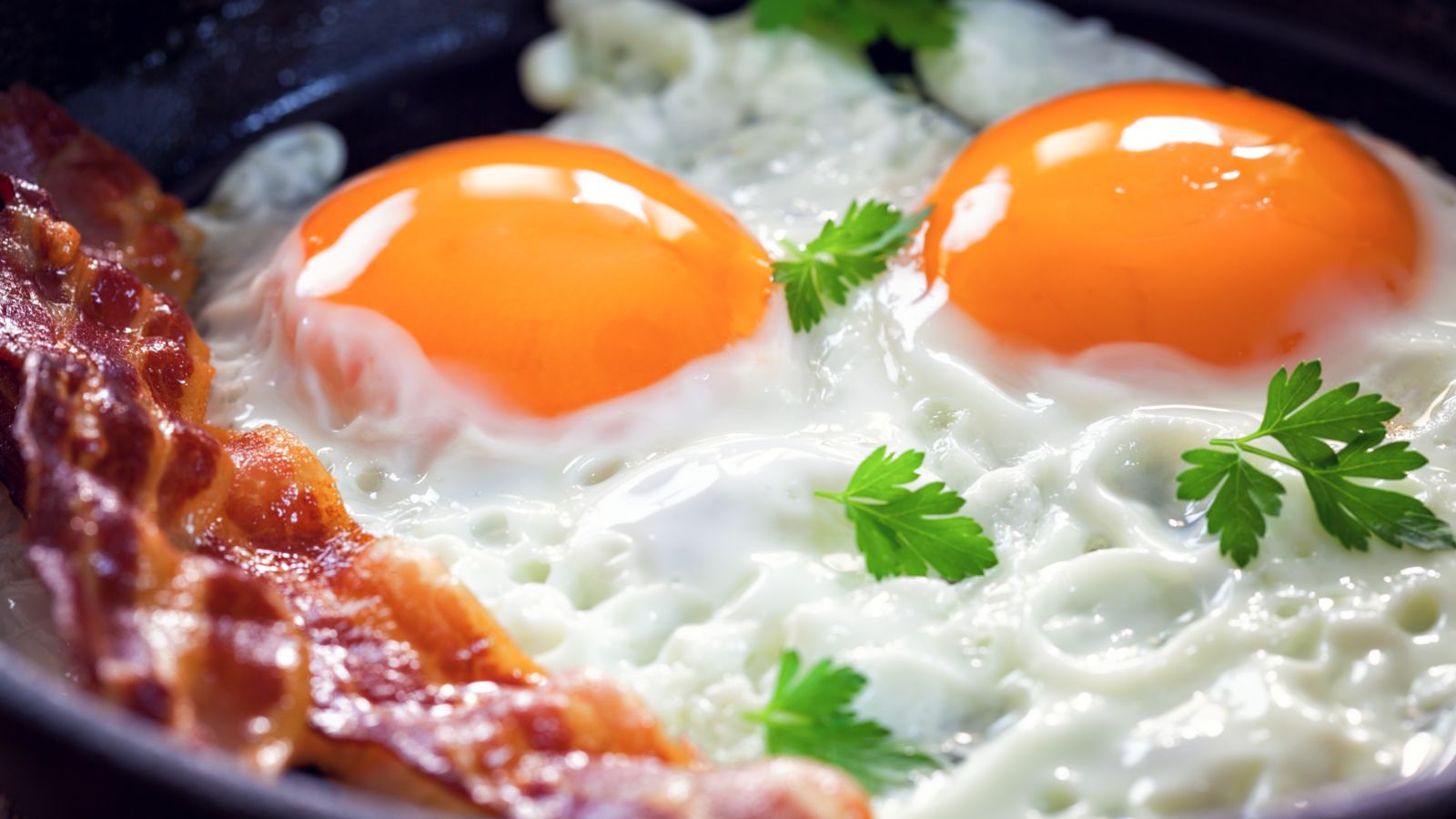
A well-seasoned cast iron skillet will have a naturally non-stick surface, but to maintain this, you’ll need to season it regularly. The more you use and season the pan, the better the non-stick will be, and it’s best to ensure you properly preheat the pan using enough oil each time.
Cast Iron Pans Are Too Heavy
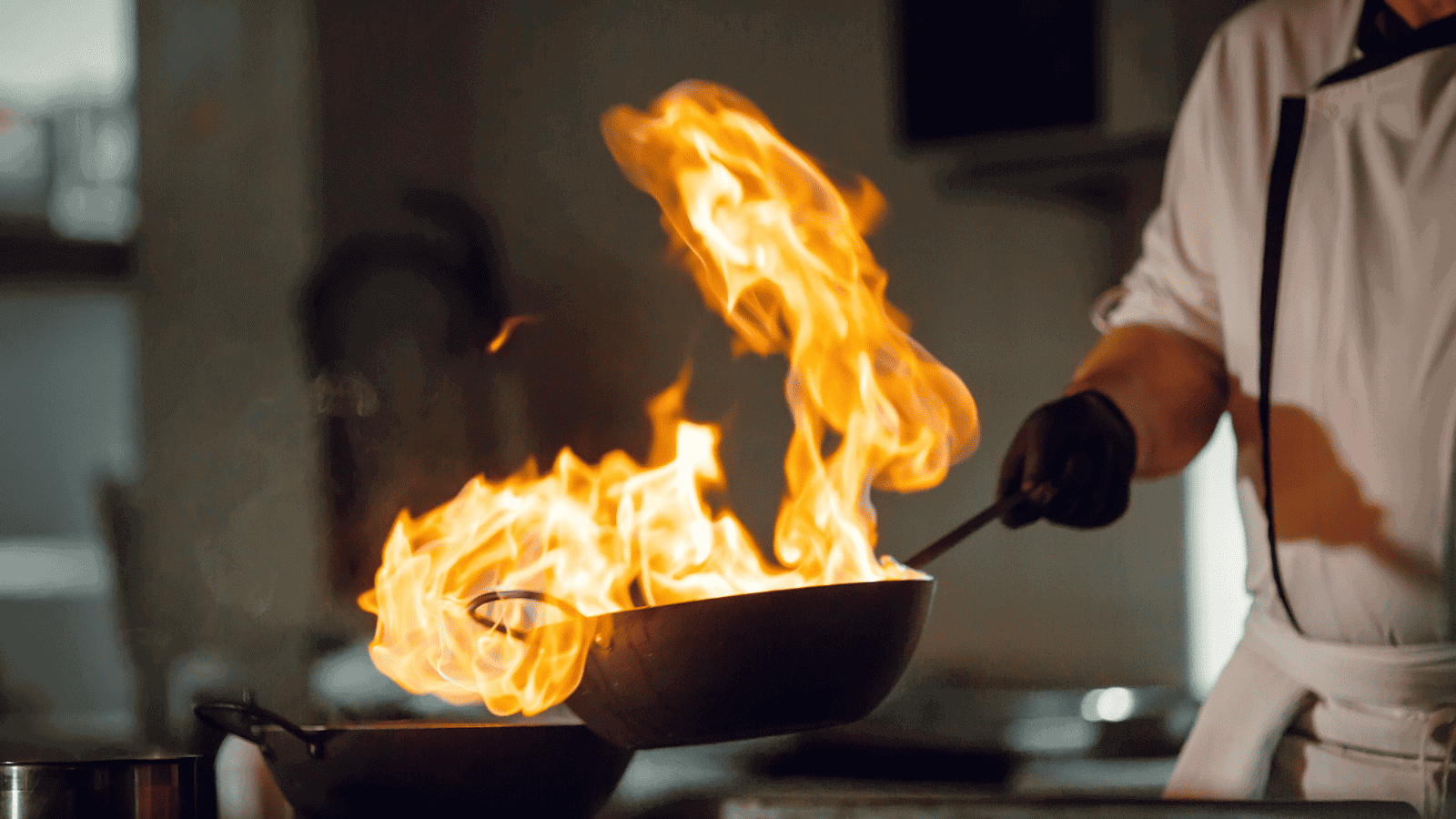
While large cast iron pans can be heavy, they usually have two handles, making them a lot easier to handle. They also come in a huge range of sizes depending on your needs, so try out a few different sizes in-store to make sure you can easily maneuver it around.
Cast Iron Is Susceptible to Cracking
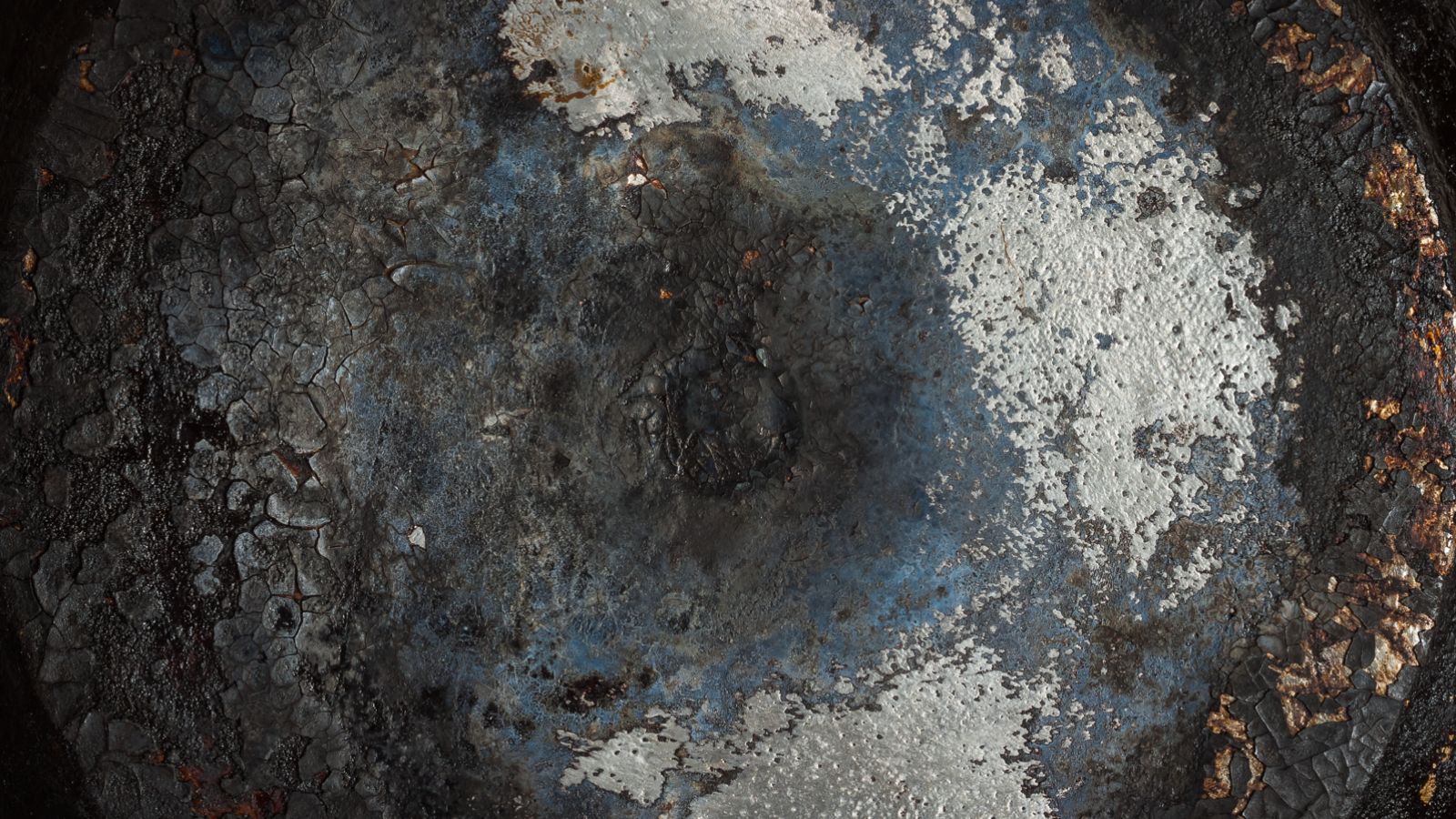
It’s possible to crack a cast iron, but with proper care, you shouldn’t face this issue. Make sure to avoid sudden changes; for example, don’t submerge a hot pan in cold water. You should also try to slowly heat and cool down your pan to ensure the material isn’t changing temperature too quickly.
Only Certain Fats Can Be Used for Seasoning Cast Iron
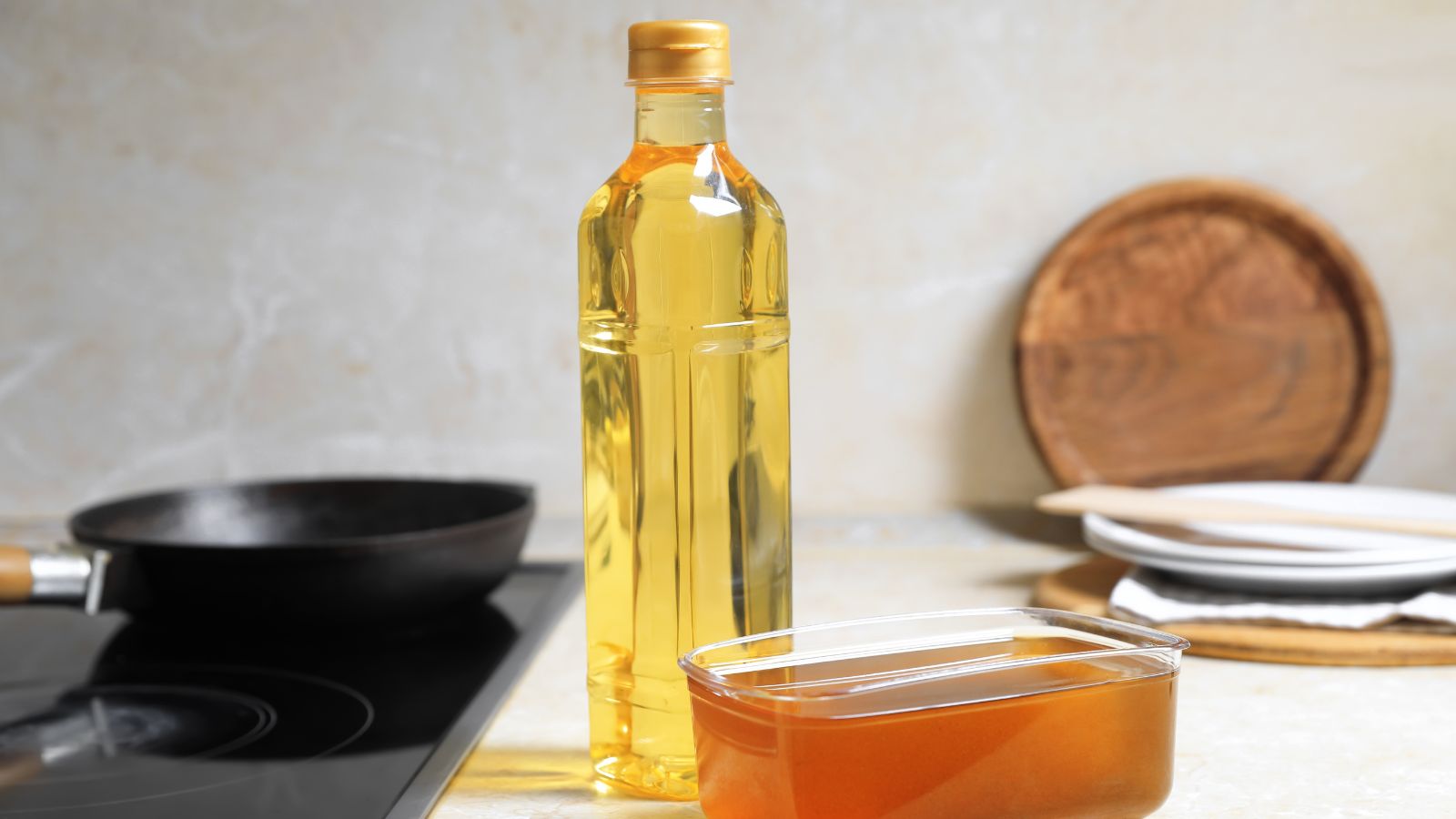
A variety of oils and fats can be used to season your cast iron pan, and Delish recommends “unsaturated oils that are neutral in flavor with a smoke point hovering around 400°: canola, vegetable, grapeseed, sunflower, and safflower are all great.” Try to avoid those that can become rancid easily, such as flaxseed oil or butter.
Metal Utensils Will Scratch Cast Iron
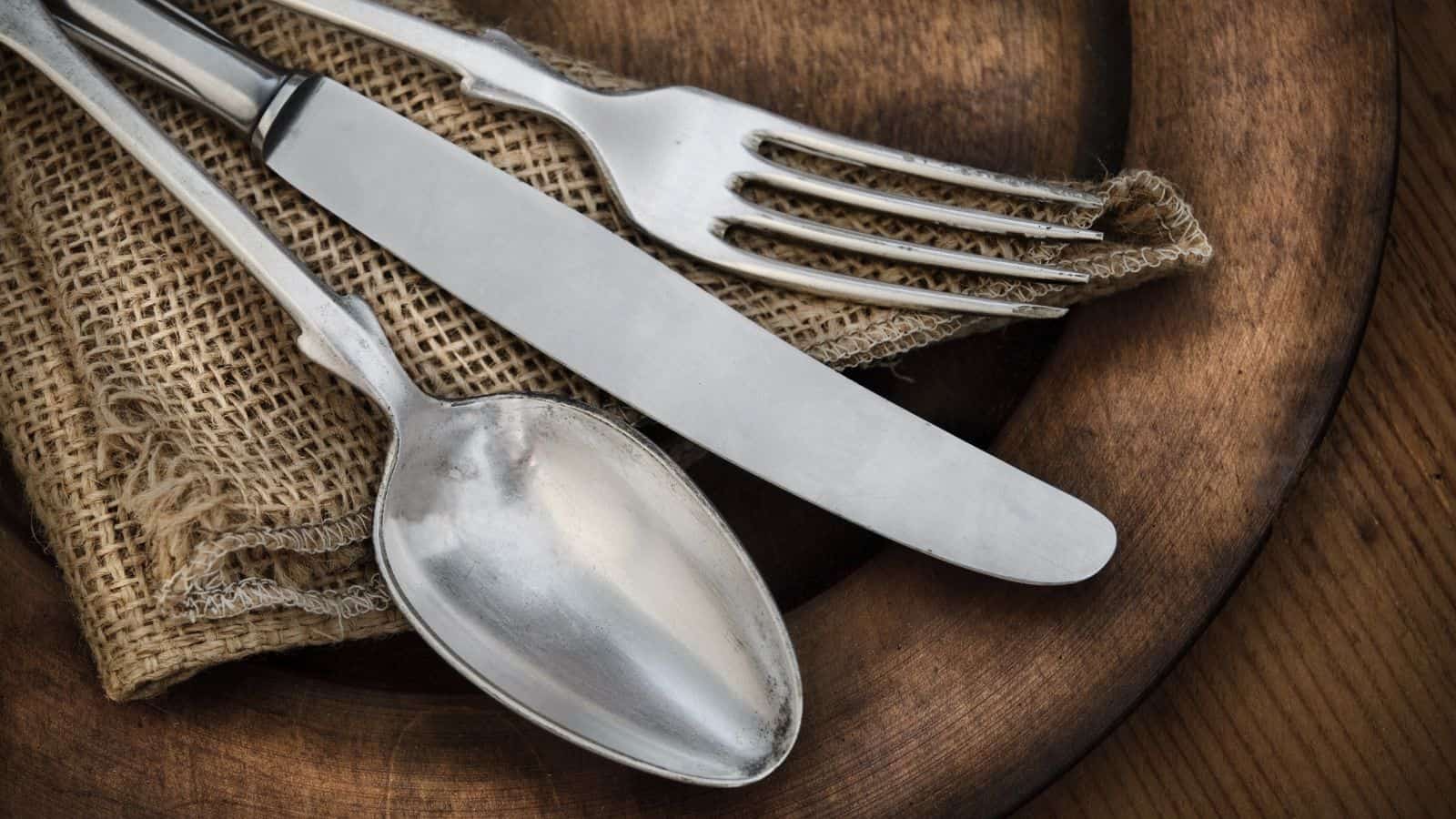
Cast irons are durable and not easily scratched, making it perfectly safe to use metal utensils on the surface. If there are any scratches, it’s likely these are in the seasoning rather than the iron itself, so you’ll need to reseason the surface in order to maintain the non-stick.
You Can’t Use Cast Iron Pans for Delicate Foods
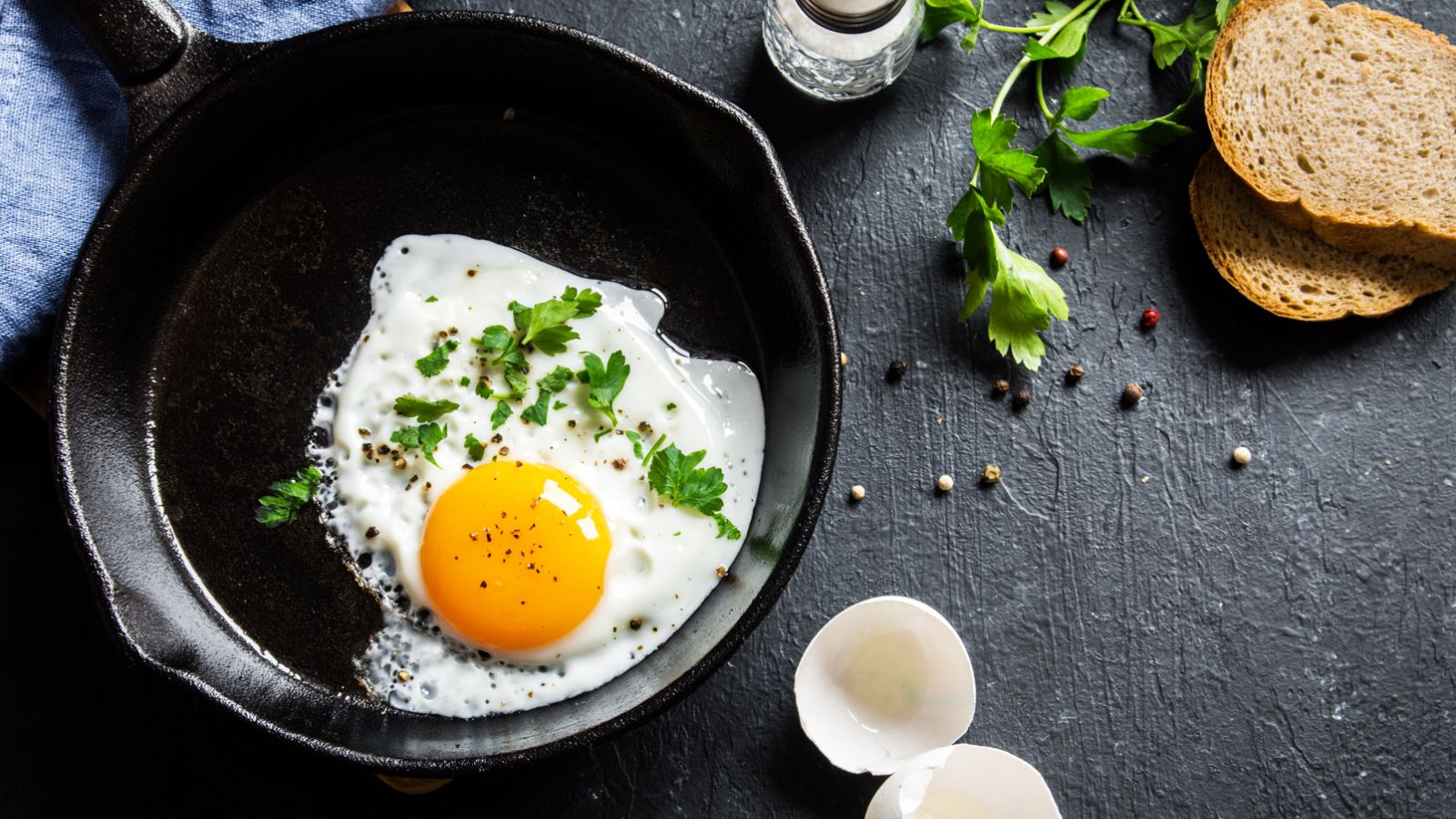
A well-seasoned cast iron pan can easily cope with delicate foods such as eggs and fish without sticking. Try preheating at a low to medium temperature, and make sure to use enough oil, giving it time to warm up, before adding the food.
Cast Iron Pans Are Expensive
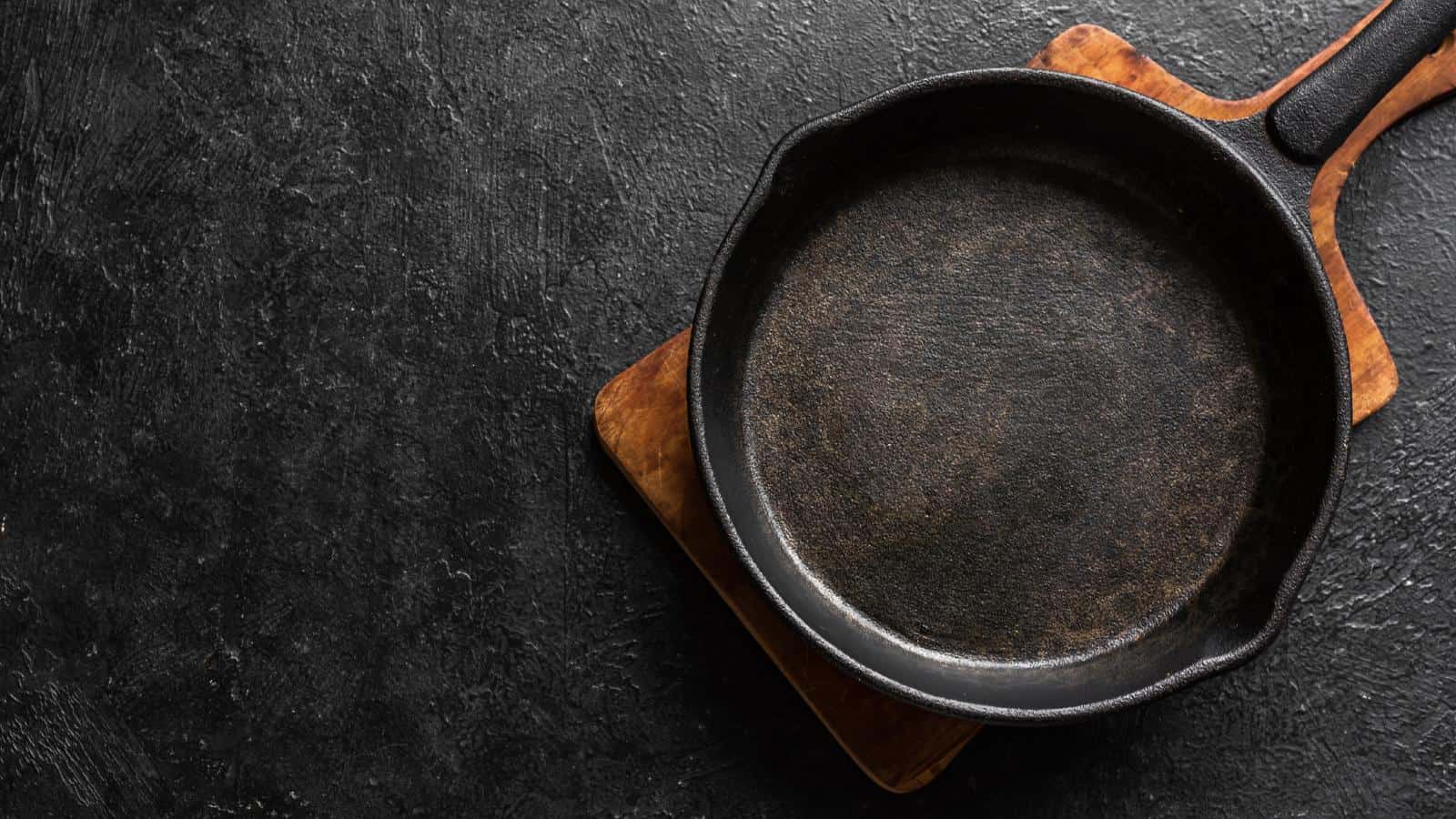
There is a huge range of manufacturers, all with very different price points, meaning plenty of lower-cost options. These pans are generally much better value than other high-quality cookware, and given their longevity, they are a highly cost-effective purchase.
Cast Iron Always Adds Iron to Food
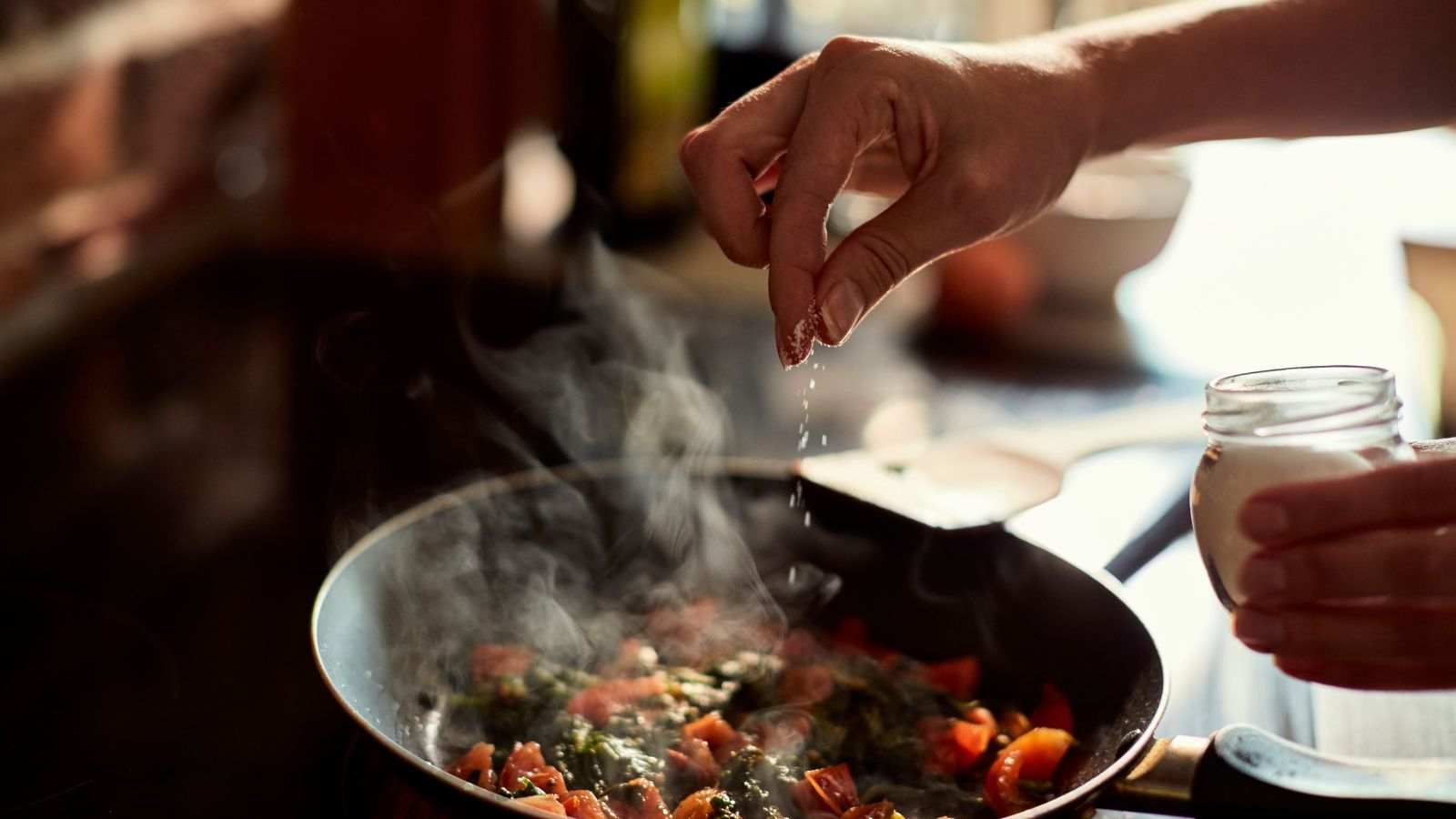
The amount of iron that leaches into food from cast iron pans depends on the food’s acidity, moisture content, and cooking time. Well + Good mentions that “the iron one gets from cast-iron cookware is non-heme iron, which isn’t as well absorbed by the body as the heme iron we get from animal sources.”
Cast Iron Is Not Suitable for High Heat Cooking
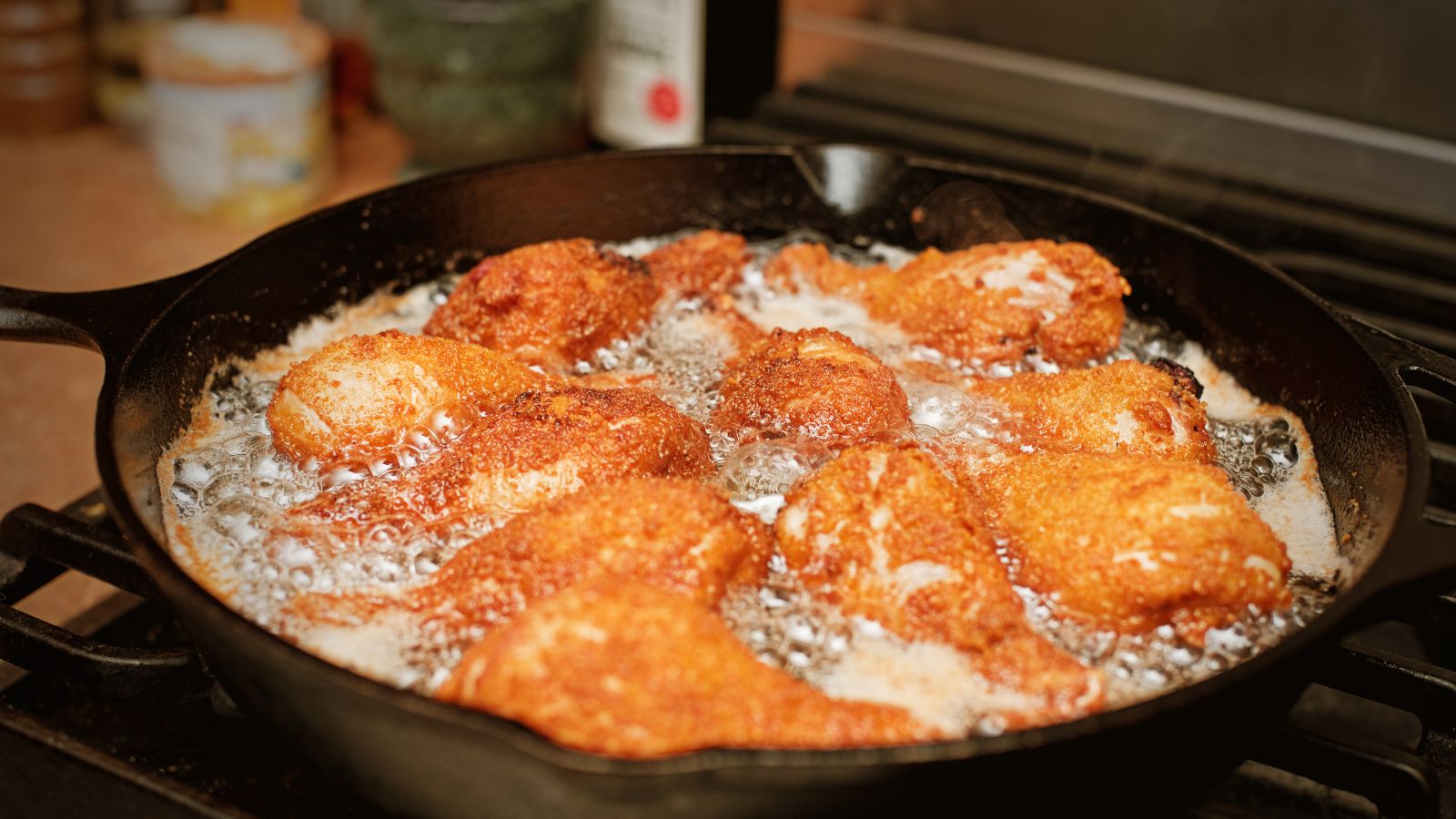
These pans are great for high-heat cooking methods such as searing and frying due to their heat retention. Because the pan is seasoned with oil, it’s important to consider the smoke point of the oil you’ve used to avoid filling the kitchen with smoke or creating a potential fire hazard.
You Should Always Preheat Cast Iron Slowly
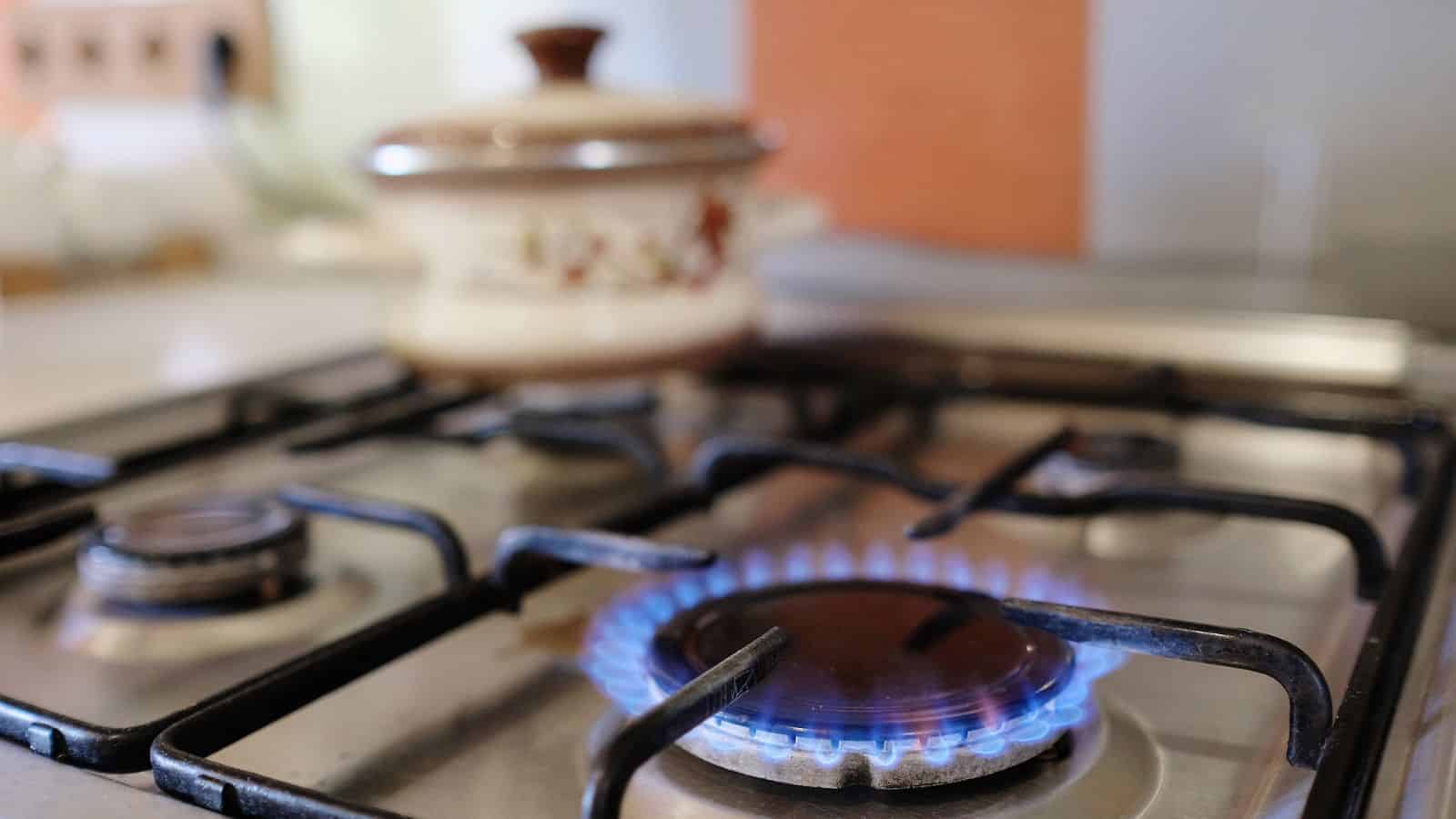
While it is recommended to gently preheat your cast iron, it can withstand rapid heating if necessary, as long as it is done carefully. Try to use medium heat rather than high, and remember to allow it to cool down slowly once you’ve finished cooking.
Cast Iron Is Only for Rustic Cooking
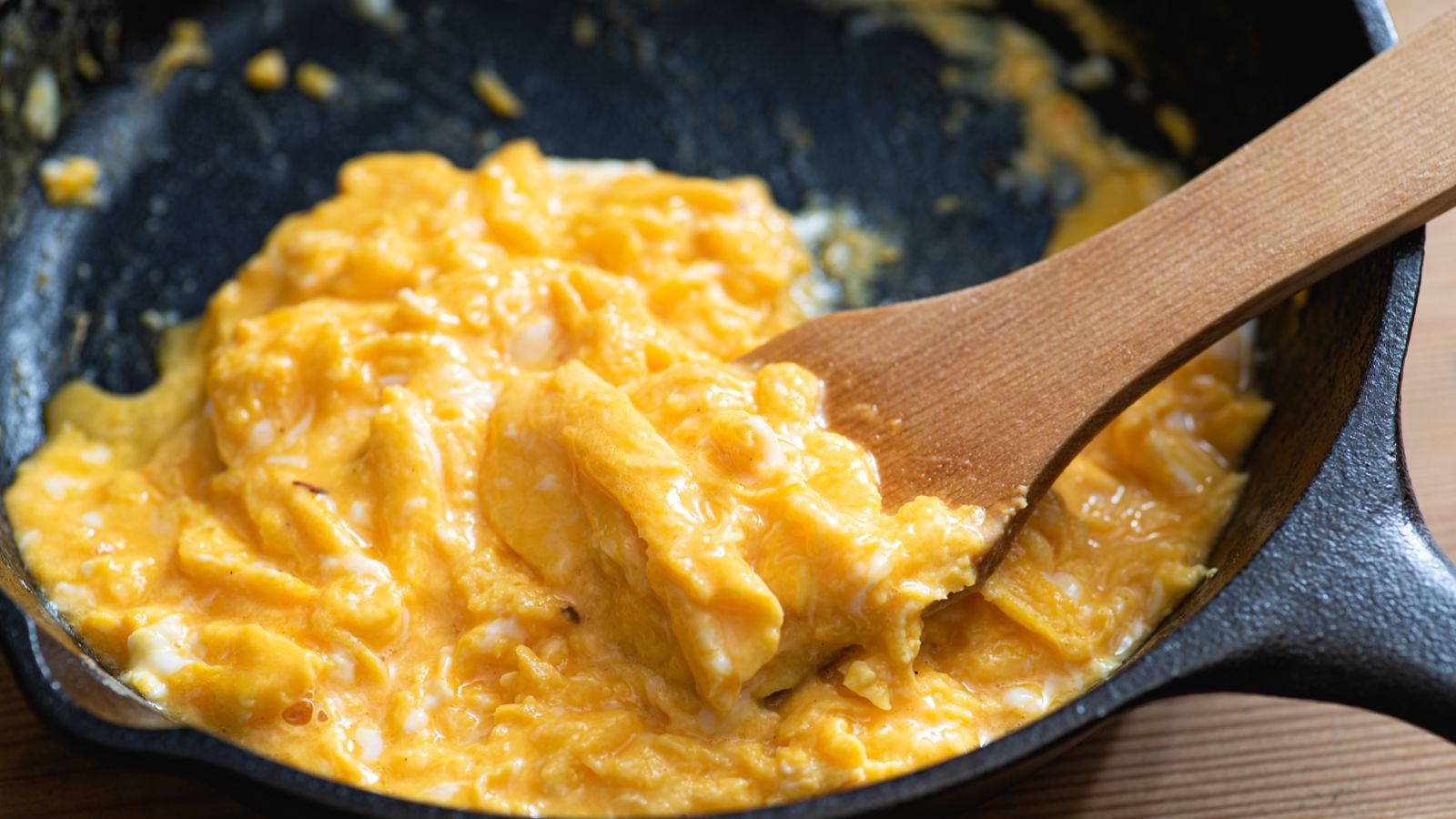
Cast iron pans do lend themselves to big rustic dinners, but they’re also just as functional for a range of cooking styles. They are highly versatile and work perfectly for frying, baking, and roasting, allowing you to produce consistently good results with just one piece of cookware.
Food Sticks Because of Flaws in Cast Iron
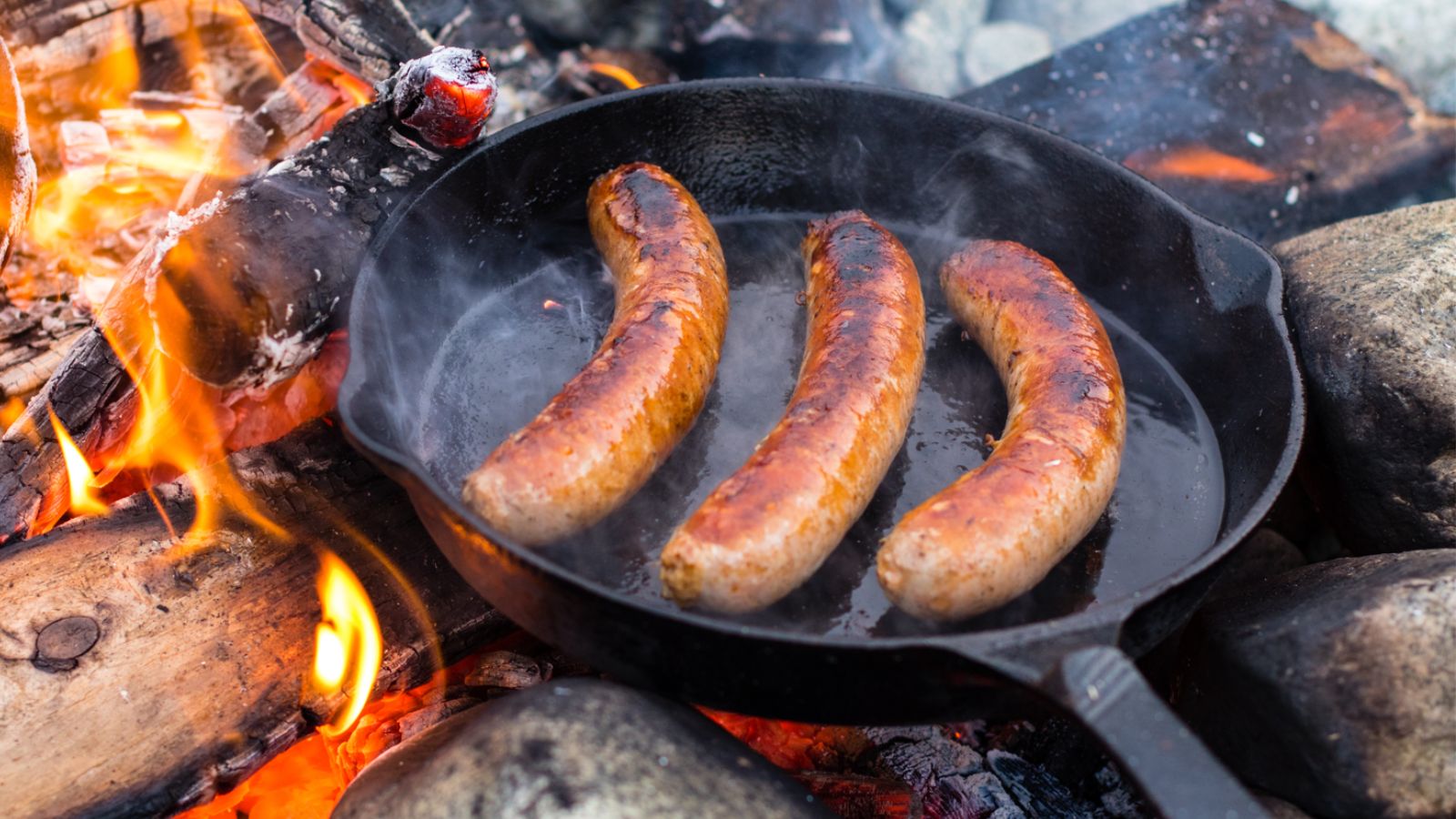
When food sticks to your cast iron, it is generally more about the pan’s seasoning than dents or scratches in the iron itself. Maintaining the non-stick by keeping it regularly seasoned and properly cleaned will help. Also, make sure to use enough cooking fat, depending on the type of food you’re cooking.
Up Next: 18 Reasons Why Men Get Grumpier As They Age

You might read this and be able to relate, or you may feel you’ve become grumpier the older you’ve gotten. Or maybe you know of a male friend or relative who has. Here are 18 reasons why men get grumpier as they age.
18 Reasons Why Men Get Grumpier As They Age
17 Products Millennials Refuse to Buy and It’s Affecting the Economy

Millennials have been the center of so much media attention due to their spending habits. Their unique ways of spending have built up and crushed many traditional industries. In this article, we look at 17 things millennials stopped buying and how that has impacted society.
17 Products Millennials Refuse to Buy and It’s Affecting the Economy
Where Even Truck Drivers Won’t Stop

Truck drivers tend to be hardy souls—well-seasoned travelers who aren’t often afraid to rest up or refuel in risky locations. However, there are certain U.S. locations that even the most road-weary trucker refuses to stop at for fear of criminal activity or natural dangers. Here are 17 such locations that even experienced truck drivers approach with trepidation (or not at all).
